Talking to Don Ross about audio recording is like listening to a conductor talk about Mozart – all the passion, knowledge and experience is evident and palpable. Don has recorded music legends both old and new, and has worked with Hollywood power houses recording cartoons, commercials, audio books and countless other projects.
His forty plus years as a professional audio engineer and musician makes him the quintessential expert in his field.
To me, Don is simply an audio wizard.
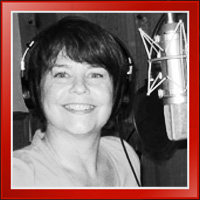
Don owns and runs Don Ross Productions, a full service recording studio in Eugene, Oregon. And while it might be off the well-worn track, artists, producers, agents and agencies not only find him, but book him out.
While I have my own one-person recording studio, I work with Don on a lot of projects some require more client interaction such as someone who wants to direct the session or we need the use of an ISDN line or for big, multi-day projects.
Since he is an audio bad ass, he’s the perfect person to ask about what equipment is essential for a quality home studio for voice talents.
When I asked Don, he gave me his top 5 tips for perfection:
1. A Well Treated Room
“It won’t matter how good your equipment is if you have a crappy sounding room,” Don said. “If the room you are recording in has bad acoustics, lets in outside noise or is generally poorly treated, your recording may not be good enough to use. If a room is too “live” – if it echoes or sounds empty, I can’t clean that up. And no engineer wants to deal with that. ”
Don suggests creating a space that is “sound proof enough” to get useable acoustics and clean audio. No echoes. Limited room noise. Your studio doesn’t have to be completely dead, but if you can hear your neighbors talking through your walls or the computer fans whirling away, time to jump on Google and search for sound proofing options.
2. Find a Microphone that Suits Your Voice
Don says it simply, “The better the microphone, the better the sound.”
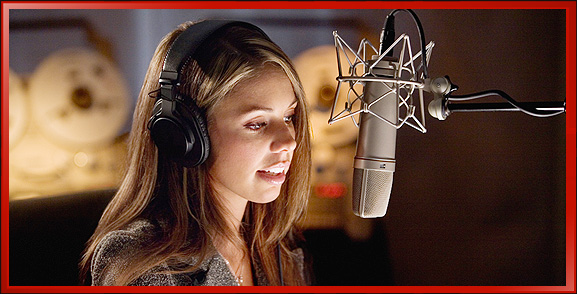
While Voice Talents might aspire to a Neumann U87, a price tag of $3,600.00 can be tough to throw down. So in the interim, Don recommends testing out microphones that are in your price range to find one that suits both your voice and your budget.
When I set up my studio, I bought the best microphone I could afford ($200-$300) and as soon as cash flow allowed, I bought the next one on the ladder toward a Neumann. It helps having Don close by so he can tell me what I will be buying next.
He has a collection of microphones that is Nerdvana to audiophiles.
Don recommends going to your local music or audio store and testing some out if you can. If there is nothing nearby, he likes Sweetwater Sound as an option for a place to start.
3. Get a Microphone Preamp and Compressor
Honestly, this is where my eyes glaze over. I rely on my genius audio tech support people to point and say, “buy that.” All I know is that my voice sounds better when I have my preamp (PreSonus studio channel) on, then when I don’t.
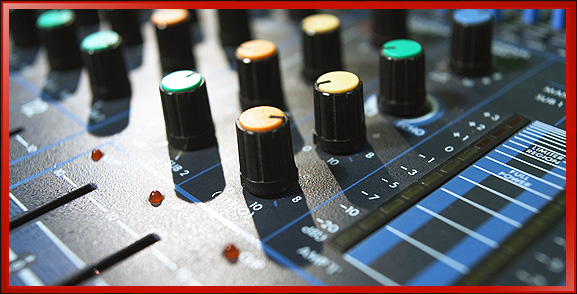
Distortion is bad.
Wild sibilance is bad.
“A microphone preamp will make your microphone sound better, giving you a richer, fuller sound and can even take out some of the peaks and valleys of your voice,” Don said.
It’s not the best idea for a voice talent to rely on their computer sound card to give you the best sound. According to Don, to get the best quality of sound, you will need a preamp to give boost the signal. “However, use it judicially. You don’t want to over process the audio, but you don’t want to submit lousy files either,” Don explains. “Some clients will want “raw” audio files so they can make all the adjustments themselves. But you better send them files that they can use. No distortion, uneven volume or excessive sibilance.”
Best advice: get an audio professional to set your levels. Disaster awaits the know it all.
4. Learn How to Use Recording Software
“Software doesn’t affect the sound; it’s everything in front of the software that counts. Garbage in, garbage out. ”
He is so right, and yet you still need to use software to edit and clean up sound files to send to your clients.
No one wants to hear excessive mouth smacks or clicks, or heavy, unnatural breathing.
“There are a lot of choices for recording software – ProTools, SoundForge, Audacity, Garage Band, etc. Whatever software you settle on, learn how to use it well and be efficient with it. Take a class or find someone who can teach you to use it properly. You don’t have to become an audio engineer, but you should know how to get the best sound out of your voice and submit good, clear audio files to your clients.”
To be a professional voice talent is to know how to record, edit and submit quality.
5. Have an Audio Engineer and/or Professional Sound Person on Speed dial.
I admit it.
This is one of my top 5 must haves more than Don’s, but it’s a tool that I think every VO talent should have in their back pocket.
And here’s why.
During playback I heard a weird hiss, click, static in my recording. After doing my usual diagnostic of unplugging and restarting everything, I still heard it. I sent it to Dan, my audio guy (Don would be my tech support audio guy, but let’s face it, he’s too busy and I can’t afford him.) to take a listen to see if I was hearing things that weren’t there.
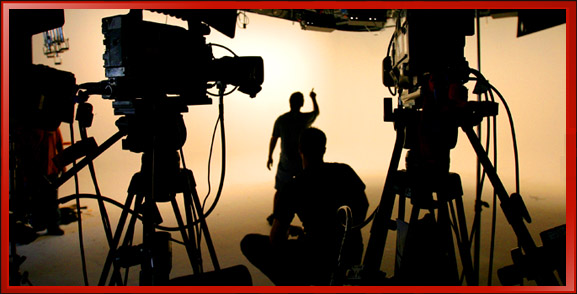
Nope. I had a hiss.
Dan came to my studio, did his troubleshooting thing and found the problem within an hour. My preamp was shot and it was causing the hiss. I might have deciphered the problem…a week later and after numerous melt downs.
With Dan, the solution was simple.
I bought a new preamp, Dan set it up, set new levels and I was ready to hit record in a day.
No hiss.
And more importantly, limited hissy fits.

Having a good audio engineer, tech support genius and all around troubleshooter to call when sound goes sour is worth whatever it costs. In the time it took Dan to discover my “hissue” versus how long it would have taken me, was well worth every dollar.
Your Top 5 studio essentials might be different than Don’s, but he’s right about one thing –equipment is the second most important thing in being a professional voice over talent. Your talent is the first.
Find out more about Don Ross and his full service recording studio at Don Ross Productions.

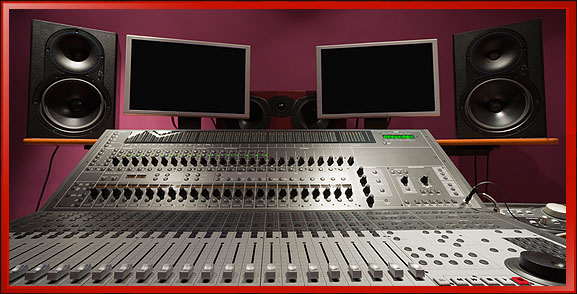
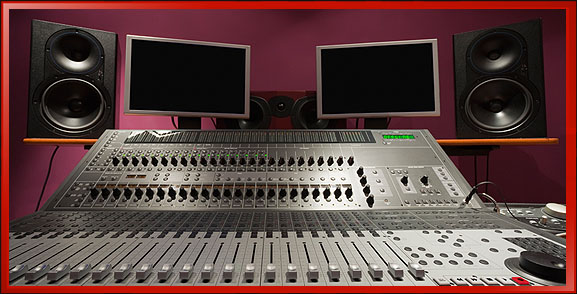
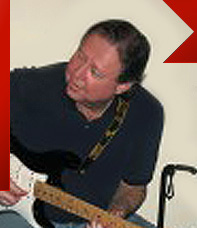




Request for permission to use an image
Hello
My name is Dr. Lasisi Ajayi. I am a professor of literacy/language education at San Diego State University, San Diego. I write this letter to request your permission to use the image below in an academic paper I want to publish in an academic journal. The use of the image is solely for academic purpose. I deeply appreciate your cooperation on this matter. The image is title “2. Find a Microphone that Suits Your Voice” above. Thank you.